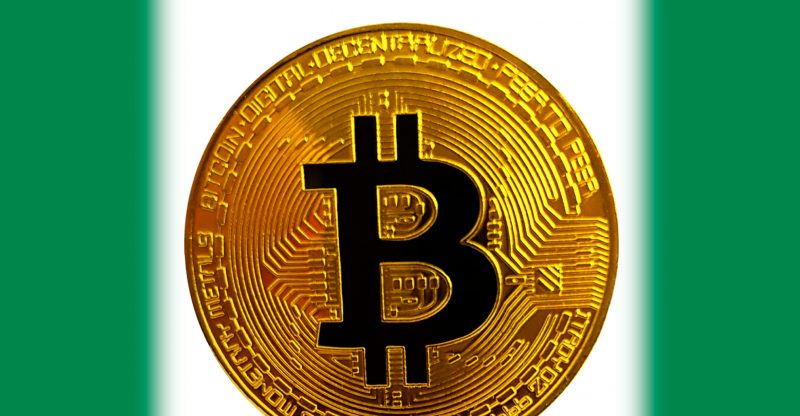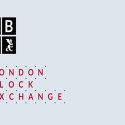Cryptocurrency-Related Accounts In Nigeria’s Union Bank To Be Shut Down?
This week, in a statement to its account holders, Union Bank of Nigeria warned: “In order to guarantee the security of our customers’ funds, Union Bank will monitor accounts being used for cryptocurrency transactions and may impose restrictions including the closure of such accounts.”
The bank, which is 100 years old, and has $3.84 billion in assets, made mention of a series of cautionary statements from the CBN, which ostensibly, do not forbid completely virtual currency trading, to back up its decision.
The central bank released in January 2017, a note to financial institutions asking them not to use, hold or trade virtual currencies pending “substantive regulation and or (a) decision by the CBN.” In the same line, a statement was released in February 2018, echoing the same warning, but added “those virtual currencies are not legal tender in Nigeria … we wish to caution all and sundry on the risks inherent in such activities.”
The West African country’s digital asset industry, the continent’s biggest, was affected by the Union Bank’s sudden decision to monitor accounts. There have been reports of crypto investors already withdrawing their funds to avoid any possibility of their accounts being frozen.
Cryset LLC is a Lagos-based over-the-counter bitcoin trading platform. Its co-founder, Munachi Ogueke, told news.Bitcoin.com that a few people within the Nigeria cryptocurrency space had received notifications of possible account closure from the bank. Ogueke said: “many are emptying their accounts and closing them down.”
Neither CBN nor the Union Bank said explicitly that cryptocurrency transaction was illegal, a fact that creates more confusion in people’s mind as no one seems to understand the reasons behind the Union Bank’s decision. Ogueke thinks that commercial banks may have received feu vert from CBN, to shut down customer accounts without explanation, as long as their actions follow anti-money laundering rules.
Citing the January 2017 central bank circular, Ogueke explained:
“Banks and other financial institutions that have cryptocurrency customers have the authority and can discontinue the relationship with such customers where the banks are not satisfied with the AML/CFT controls that enable compliance with the identification, verification, and transaction monitoring requirements.”
He added: “In the absence of any regulation from the CBN, it can be safely concluded that the CBN by this circular, has given banks (such as Union Bank) the power to close accounts of cryptocurrency customers if the customer breaches anti-money laundering control requirements and where there are suspicious transactions.”
However, the bank said that its decision does not imply that it suspects some customers are violating anti-money laundering laws. The bank is rather becoming more aware of the protection of its client’s funds. Ogueke said to be doubtful, qualifying the bank’s justification as “flimsy.
“How is blocking accounts associated with bitcoin securing the funds of your customers?” he quipped. There is no report of any other bank to have issued such a threat.





